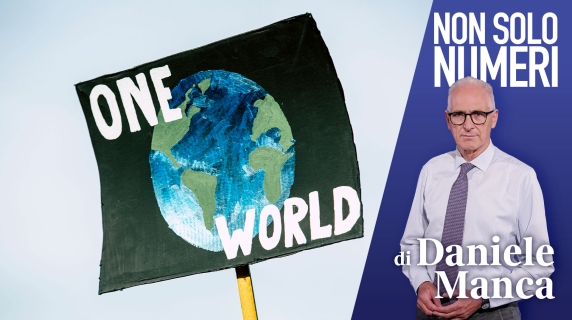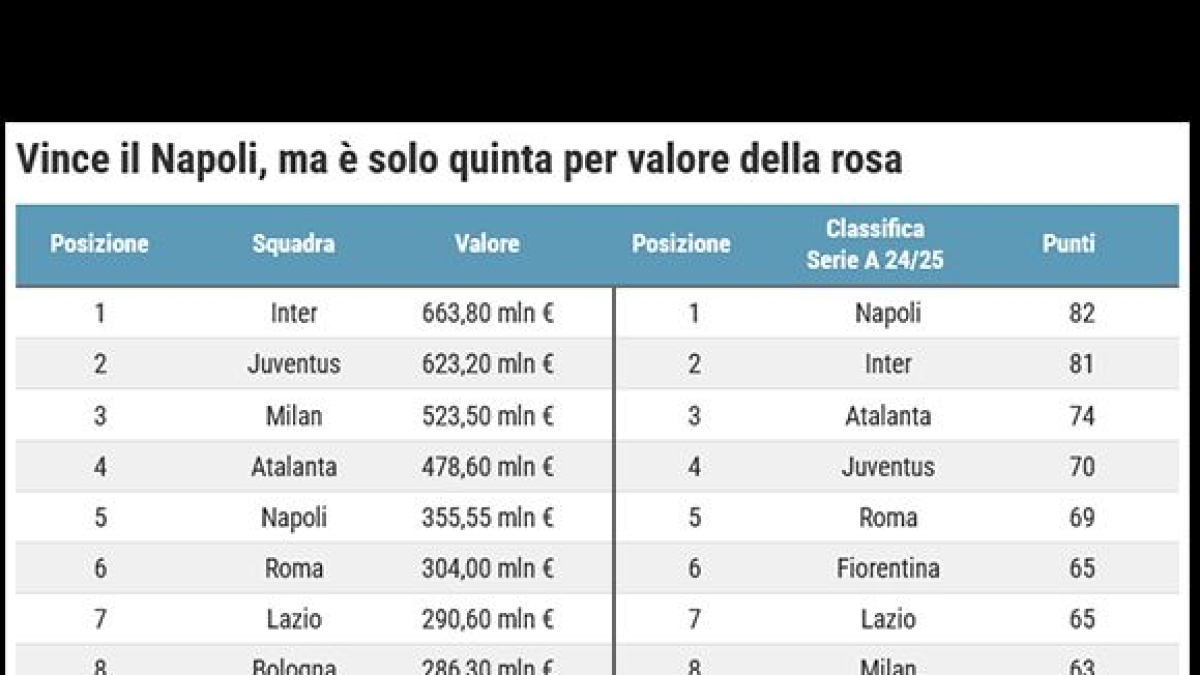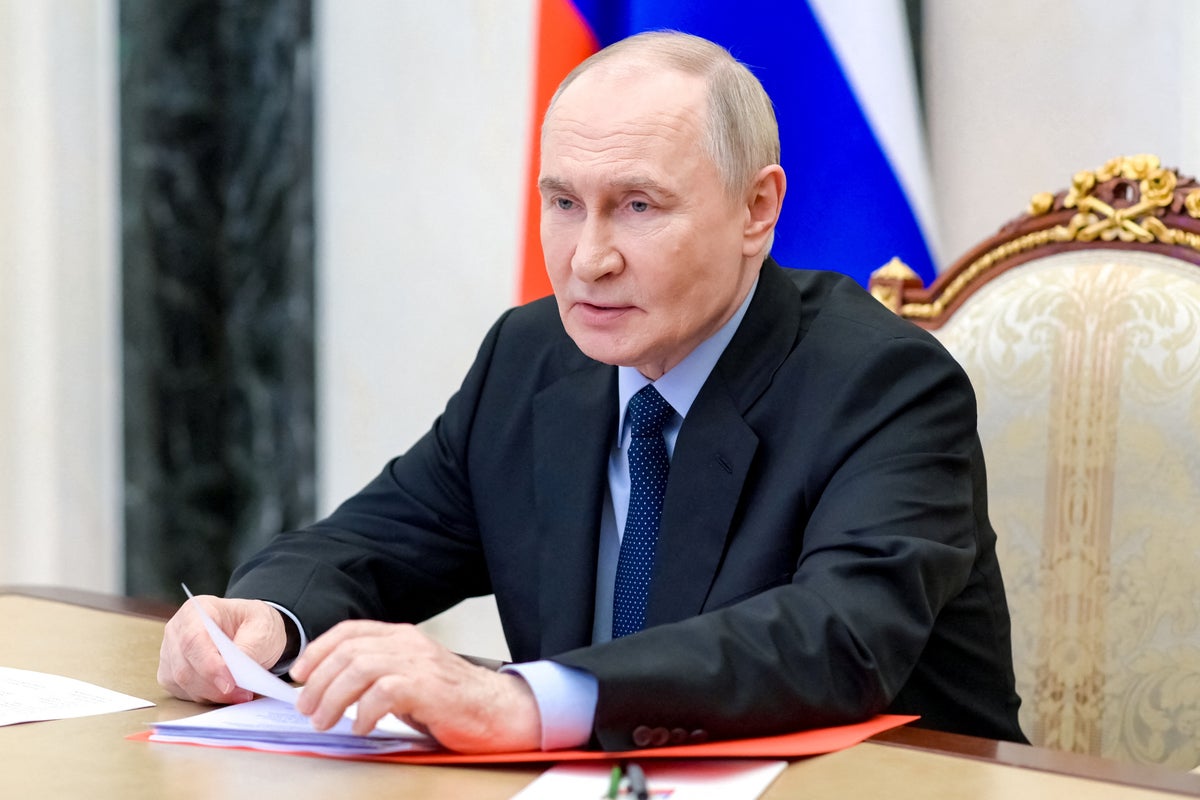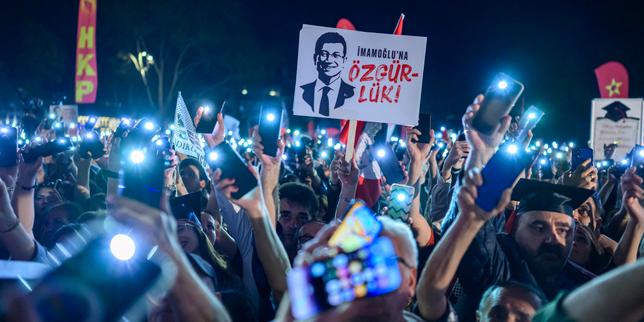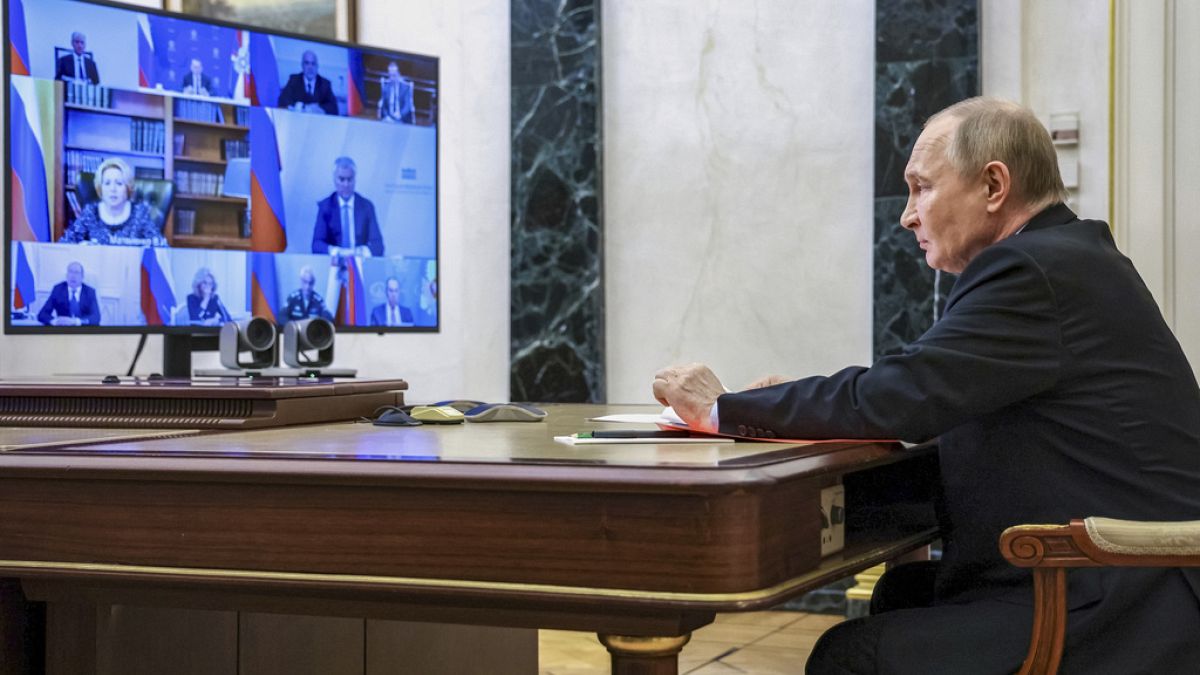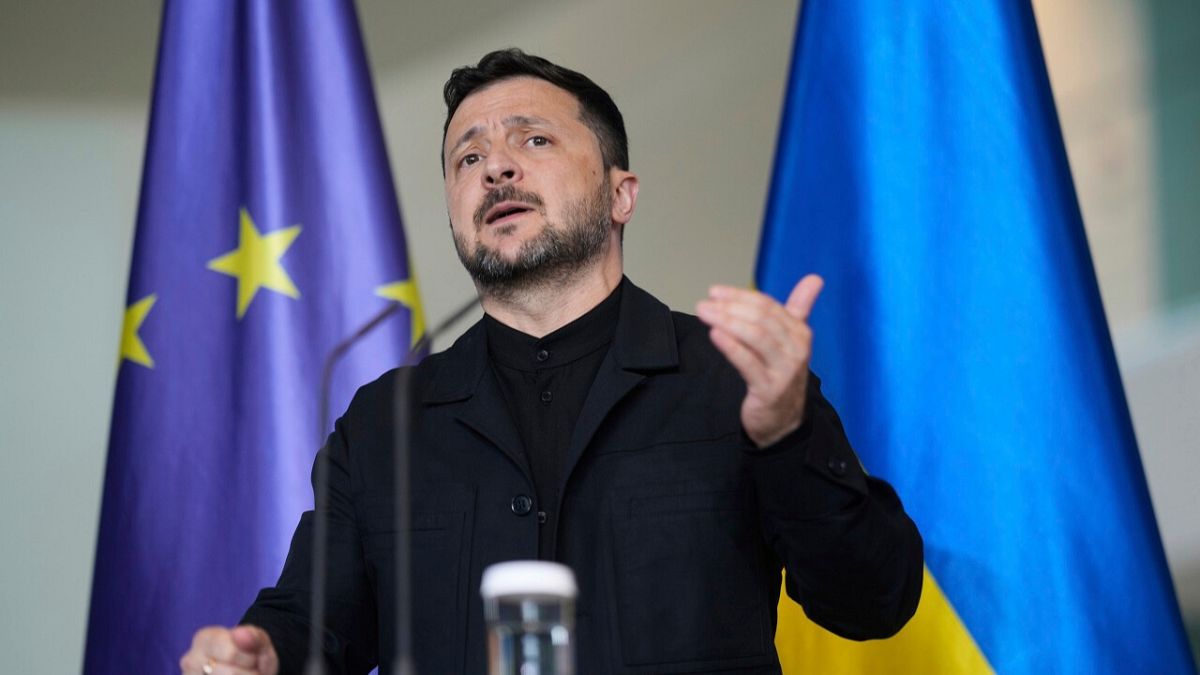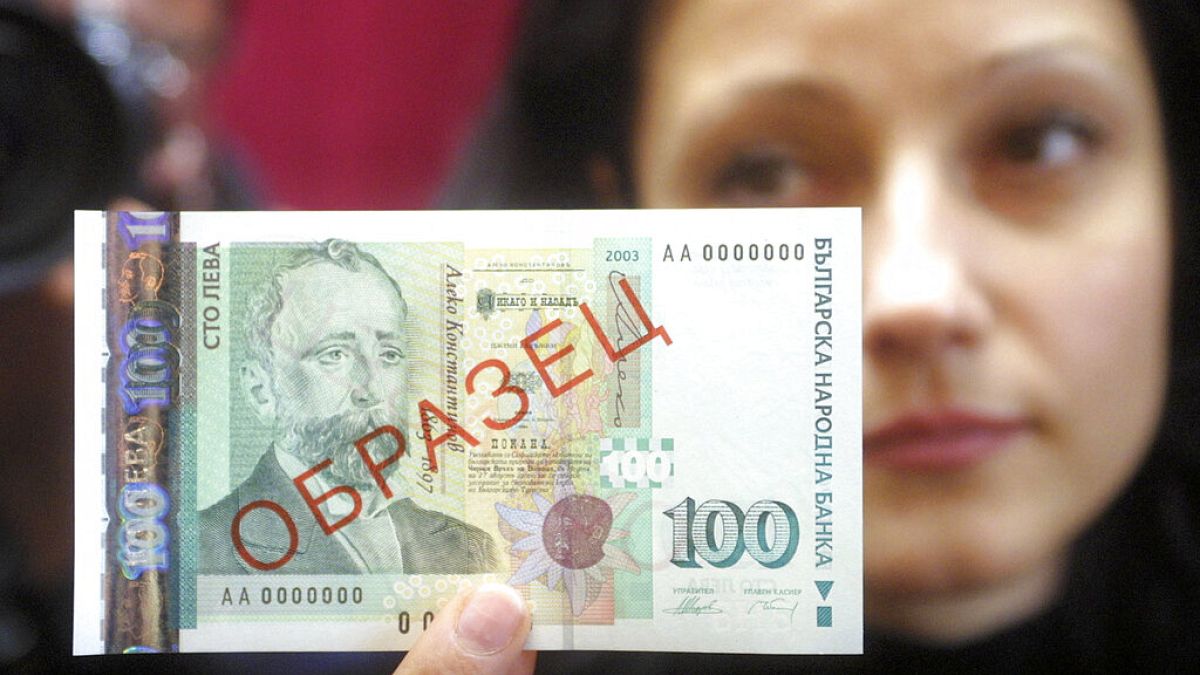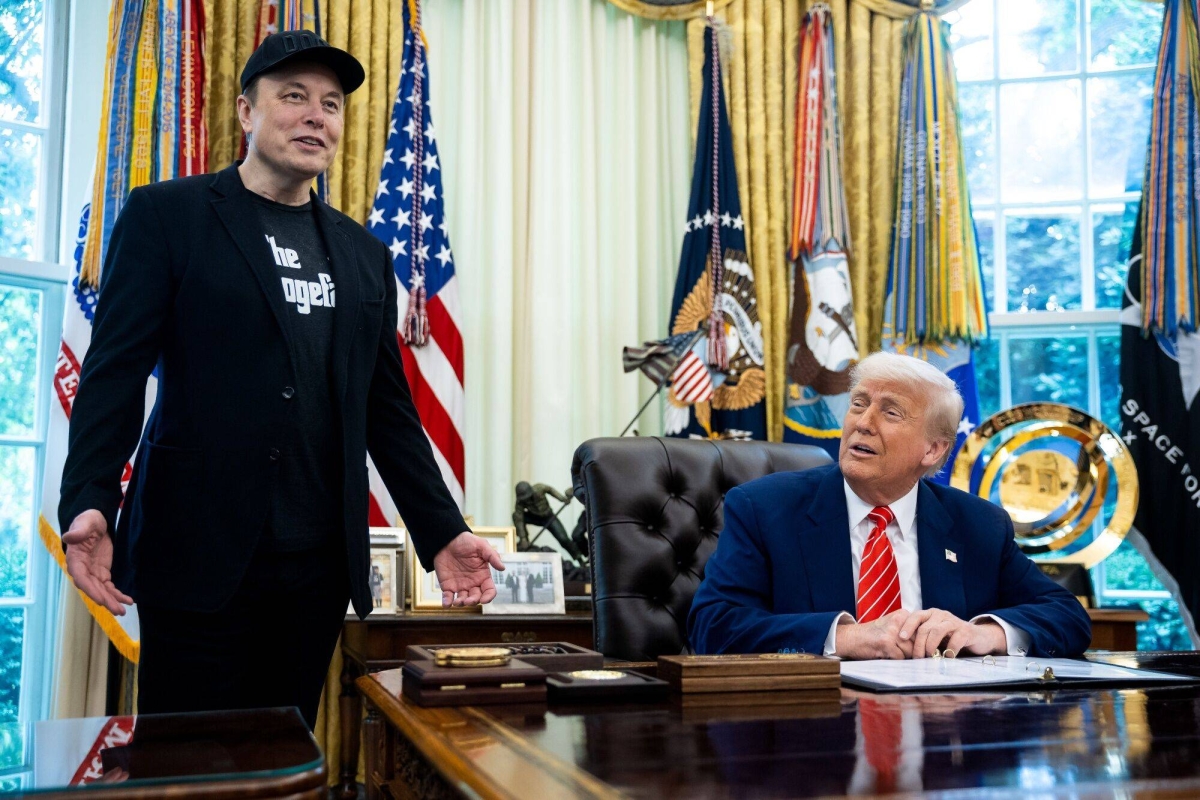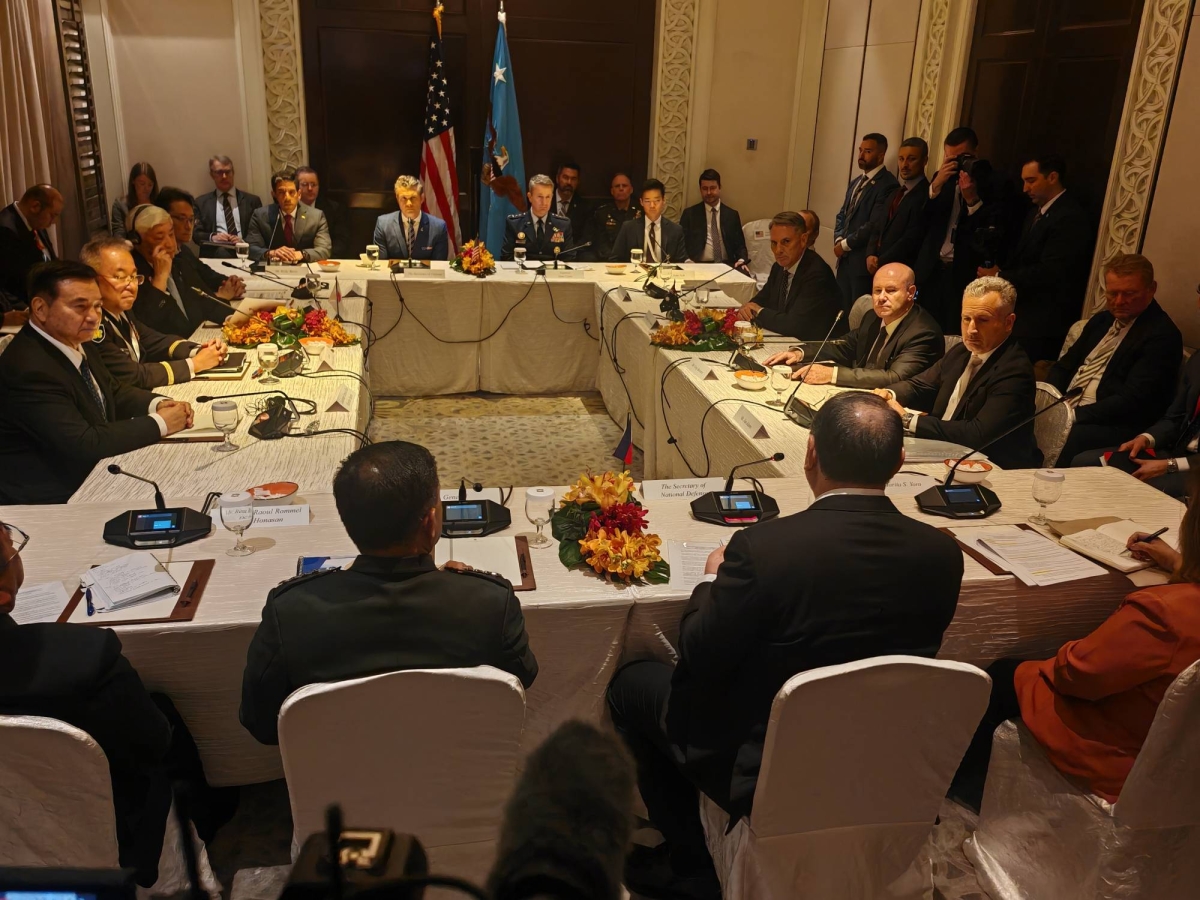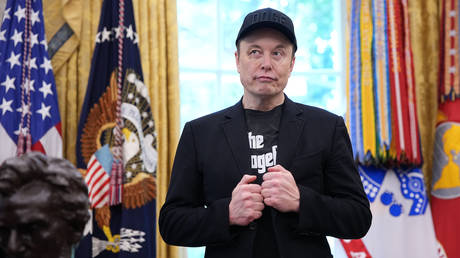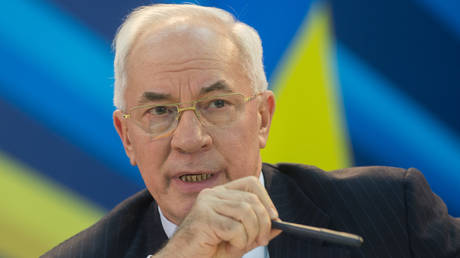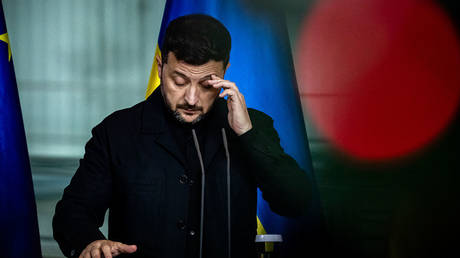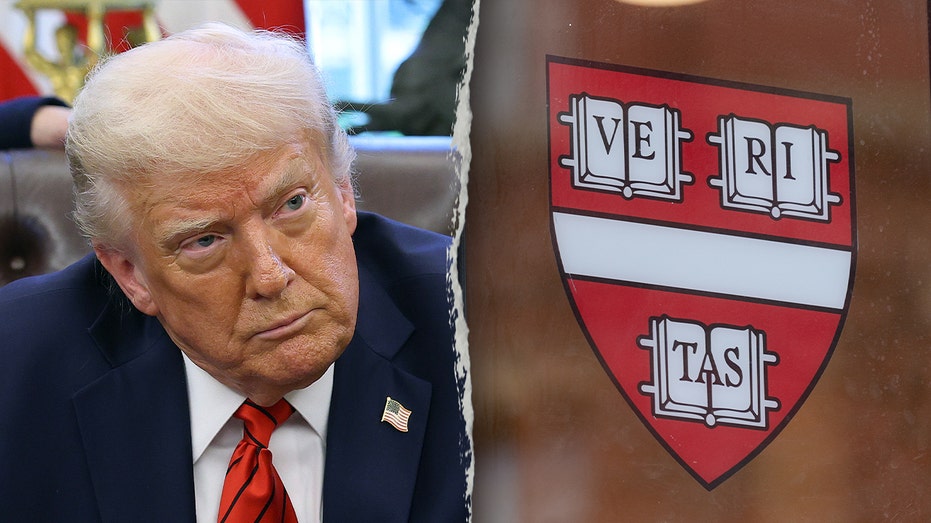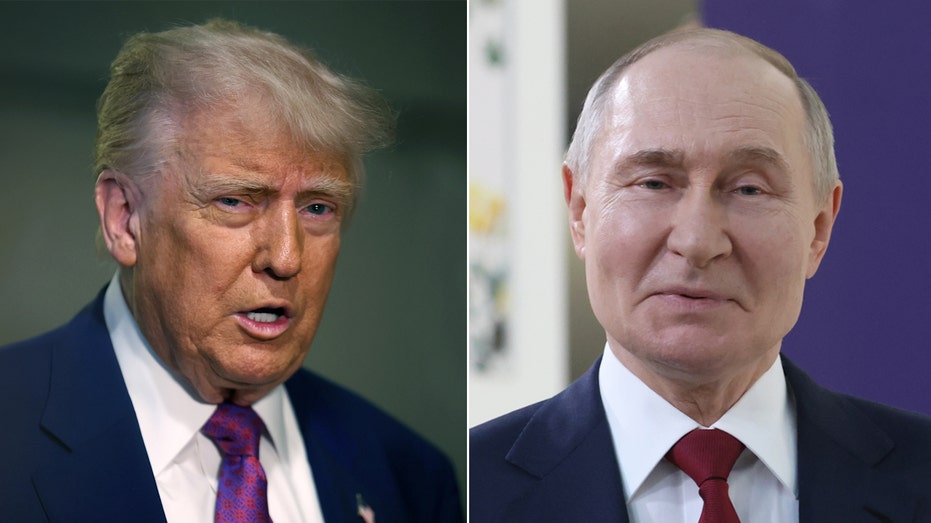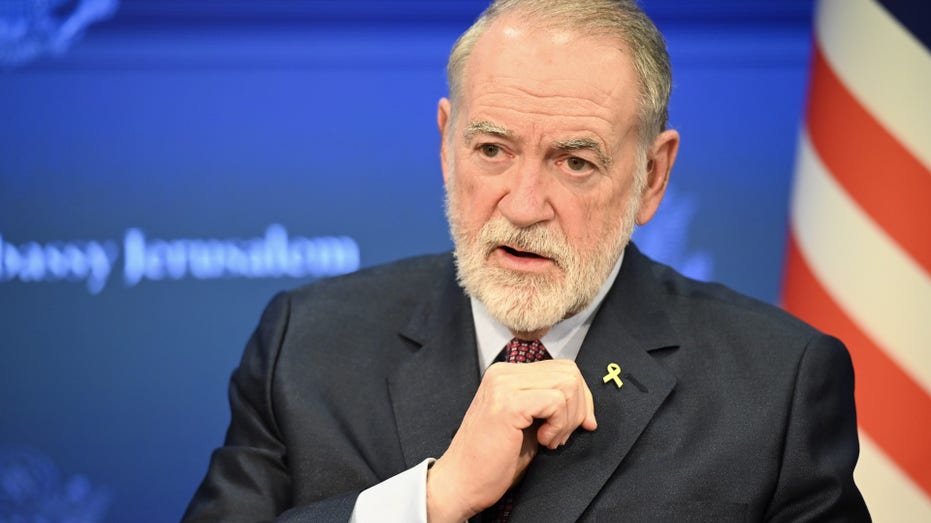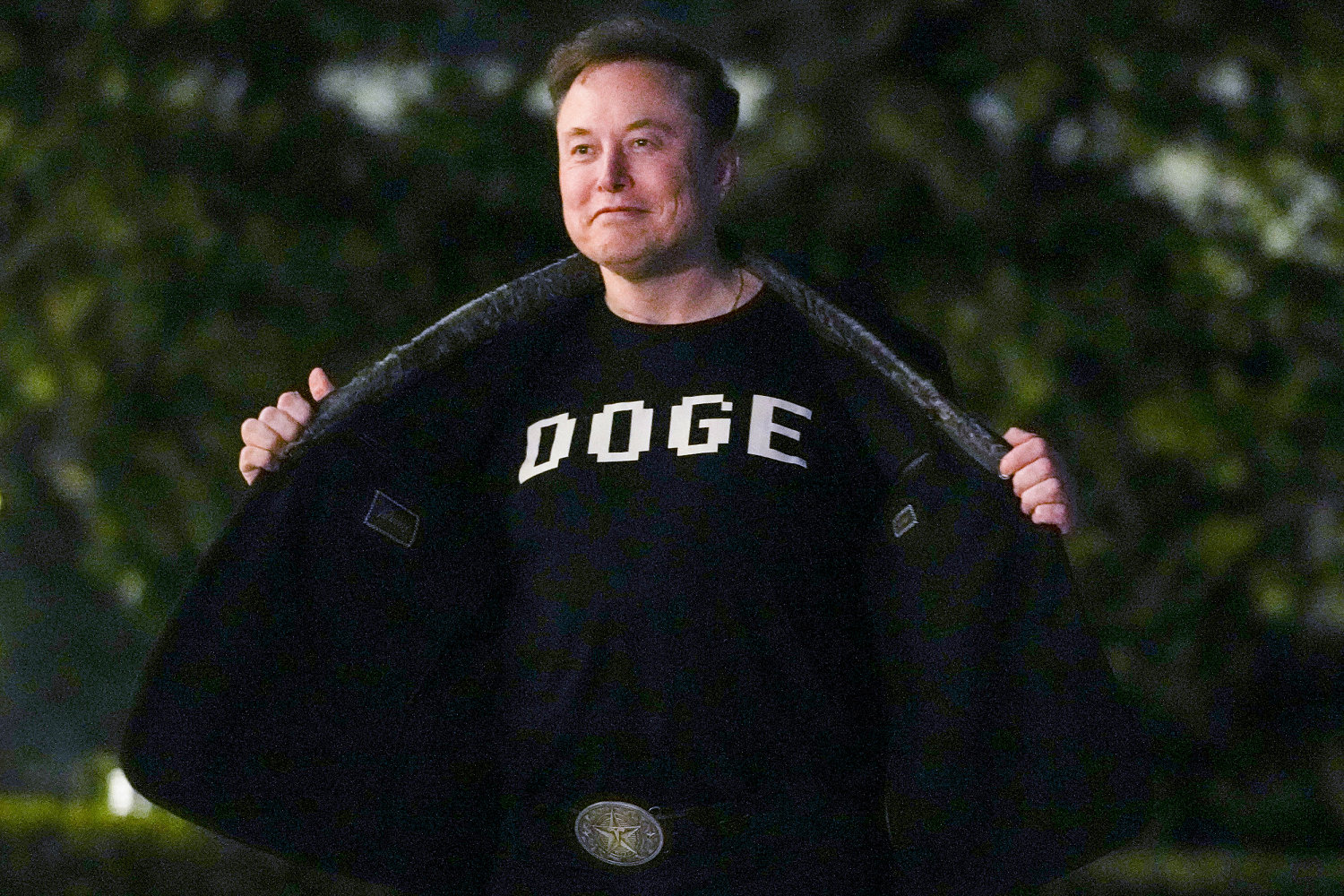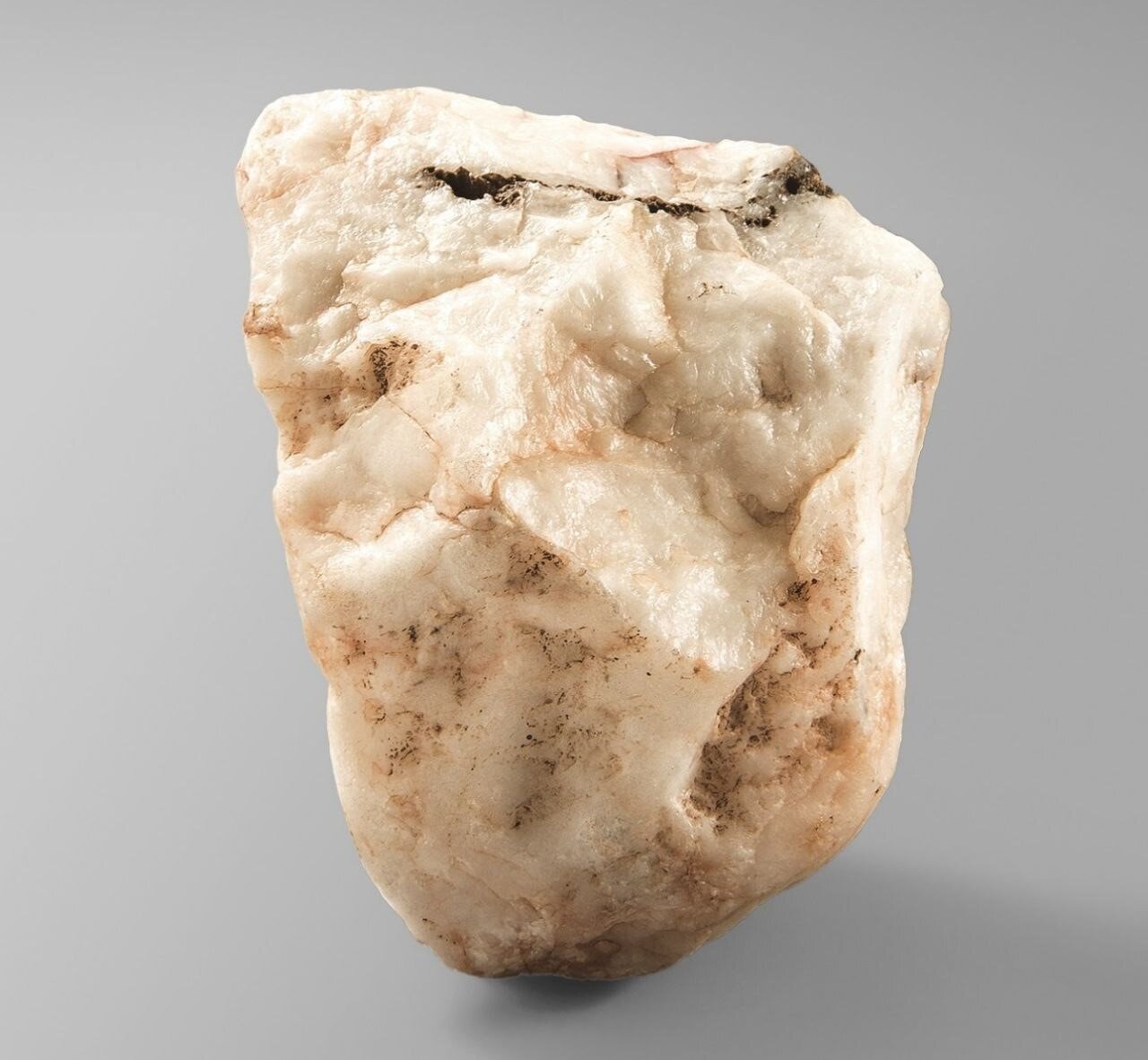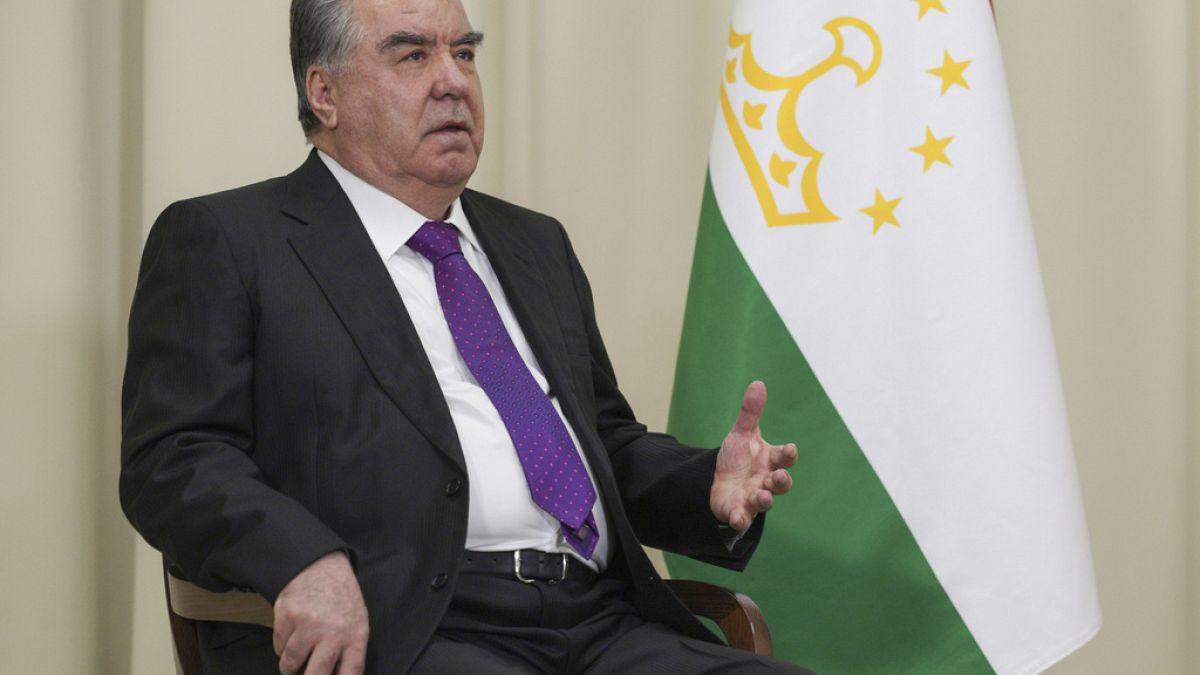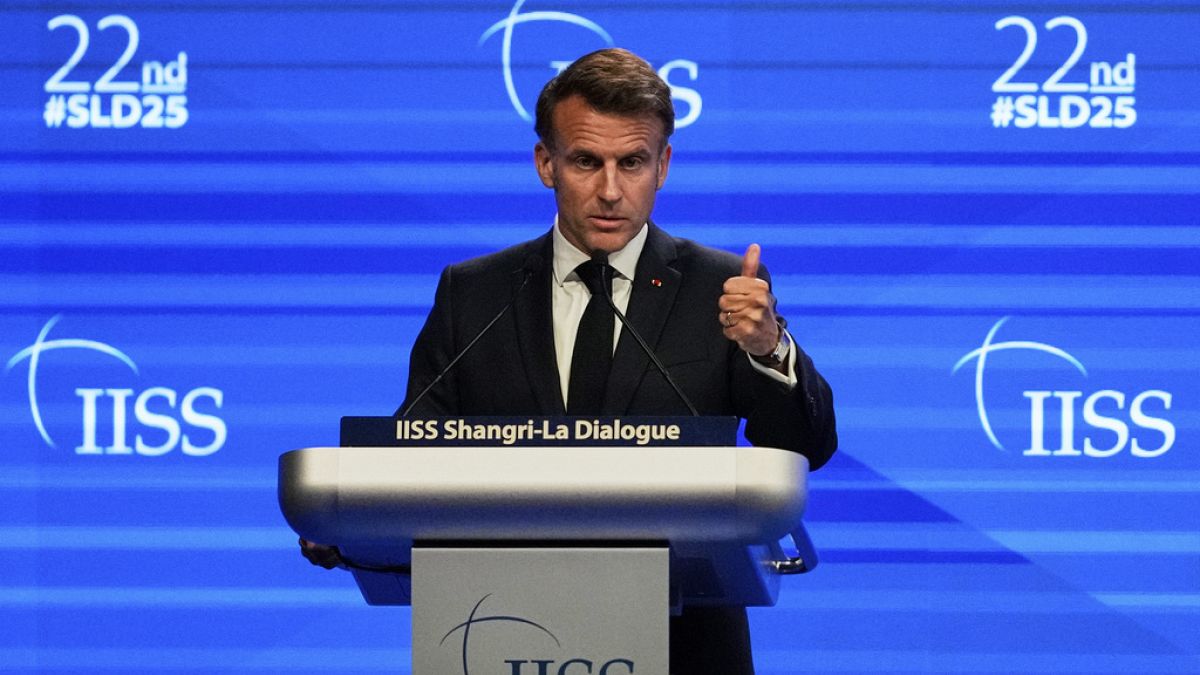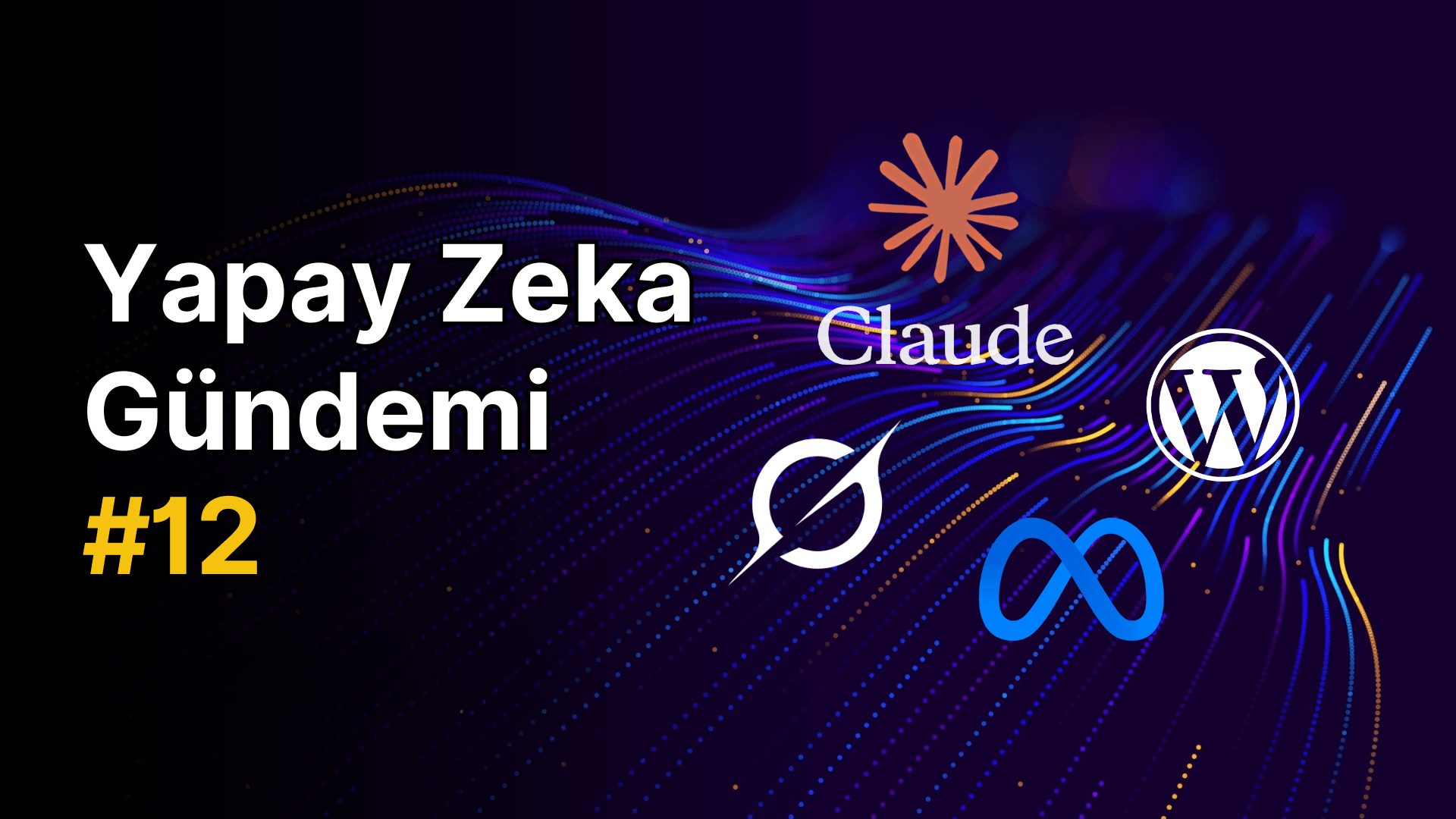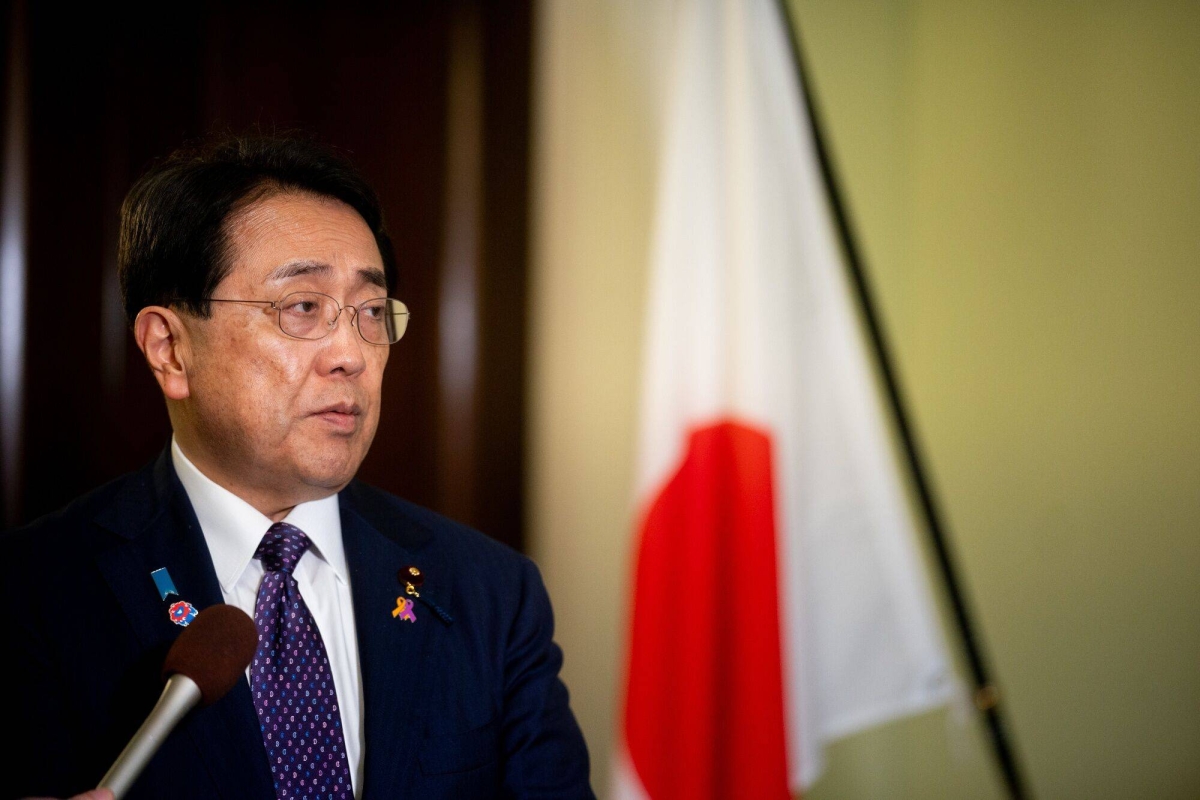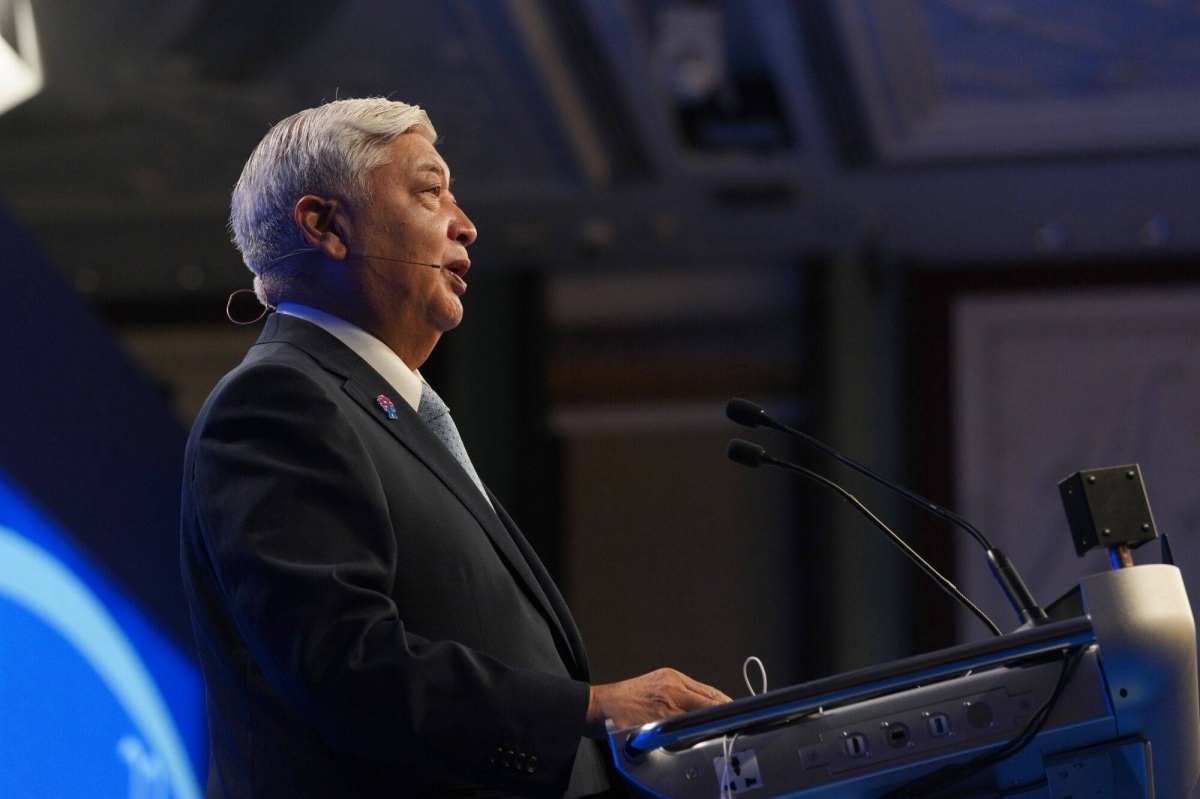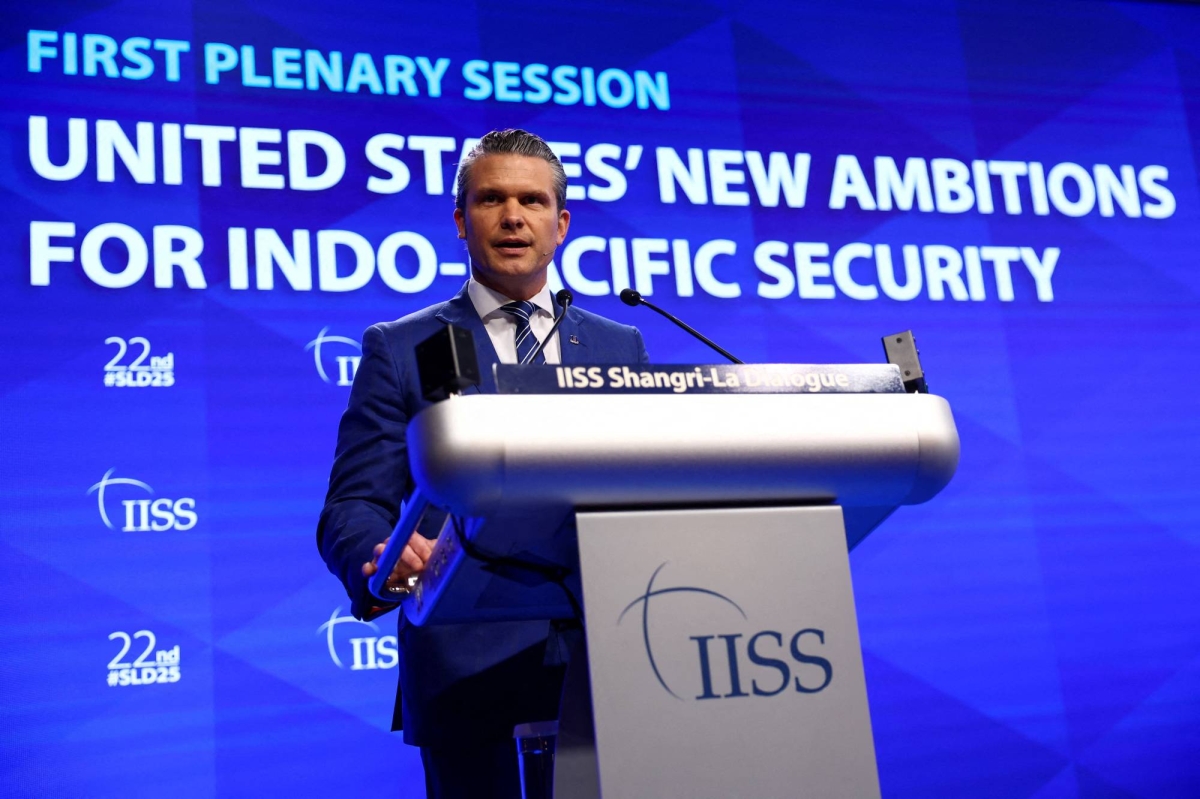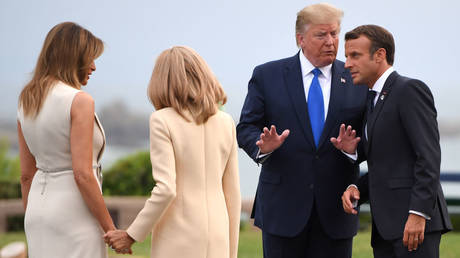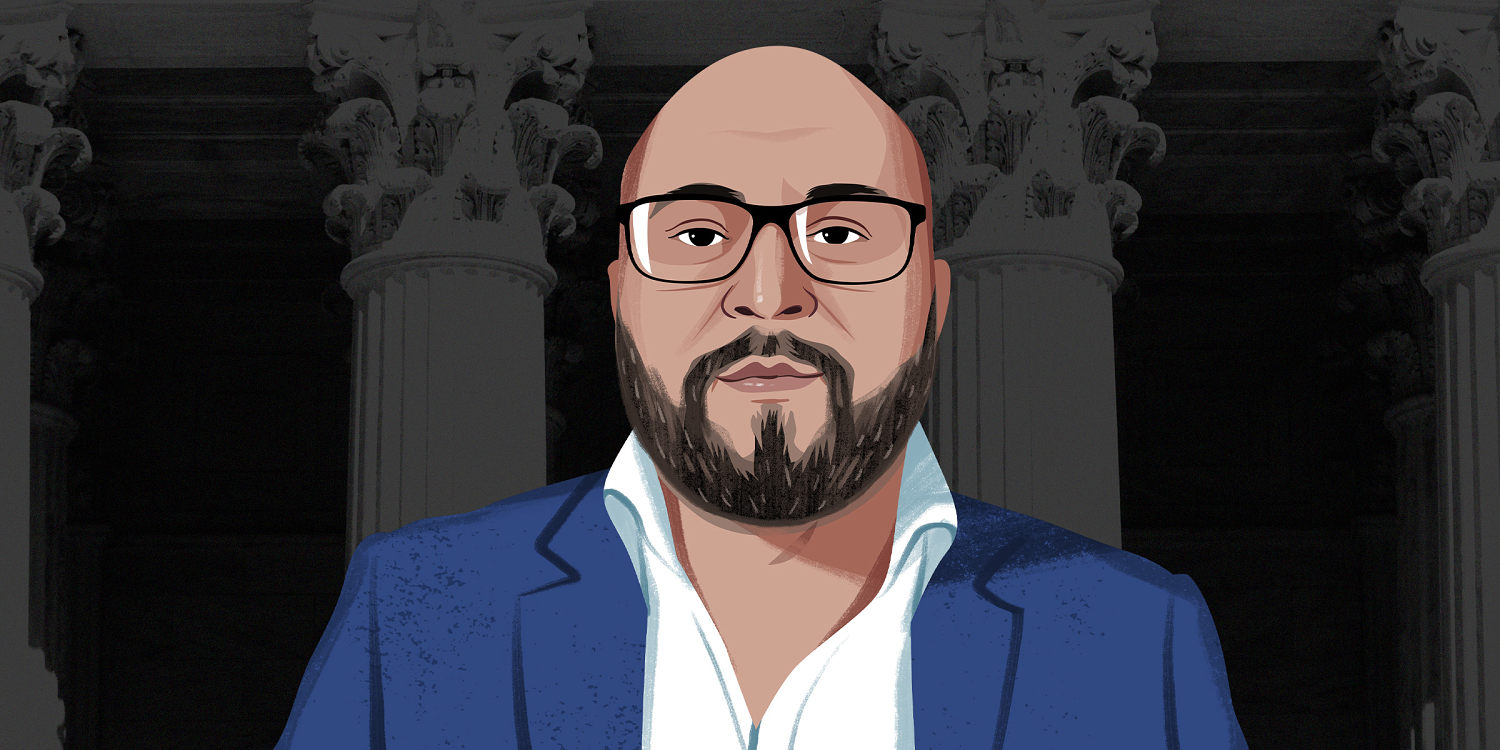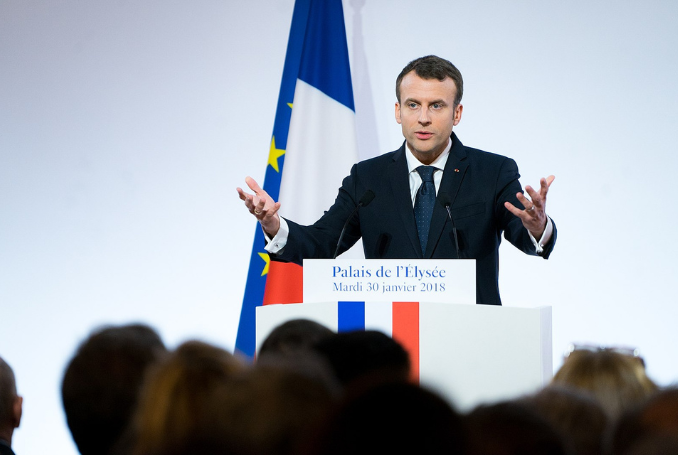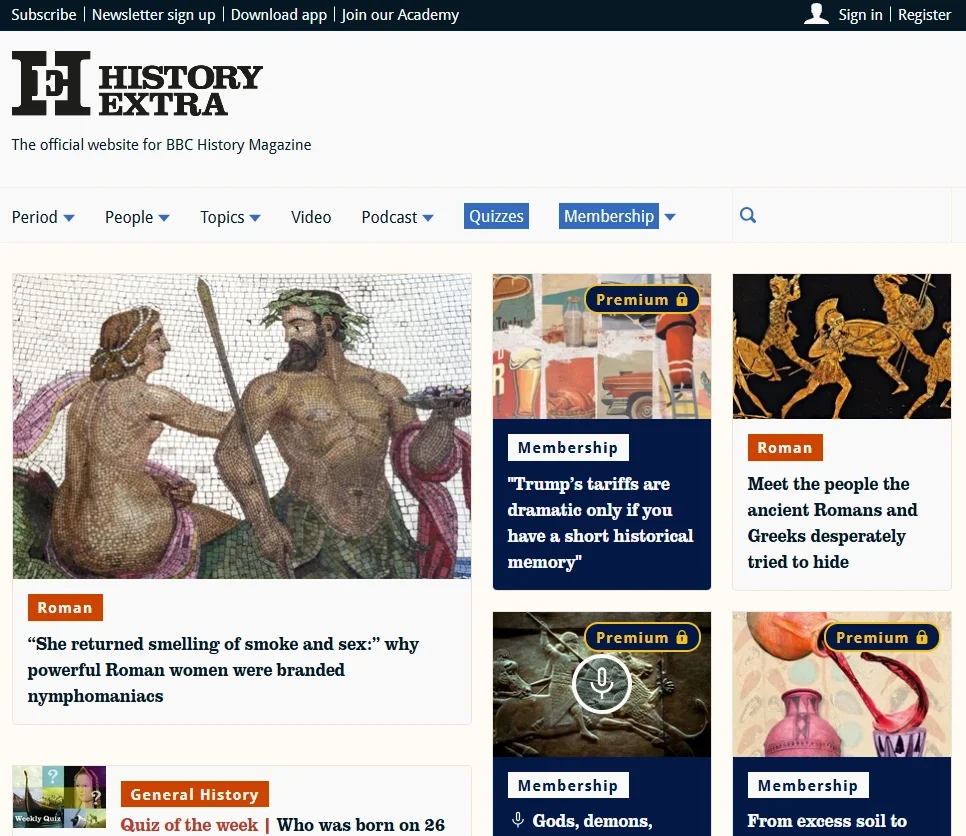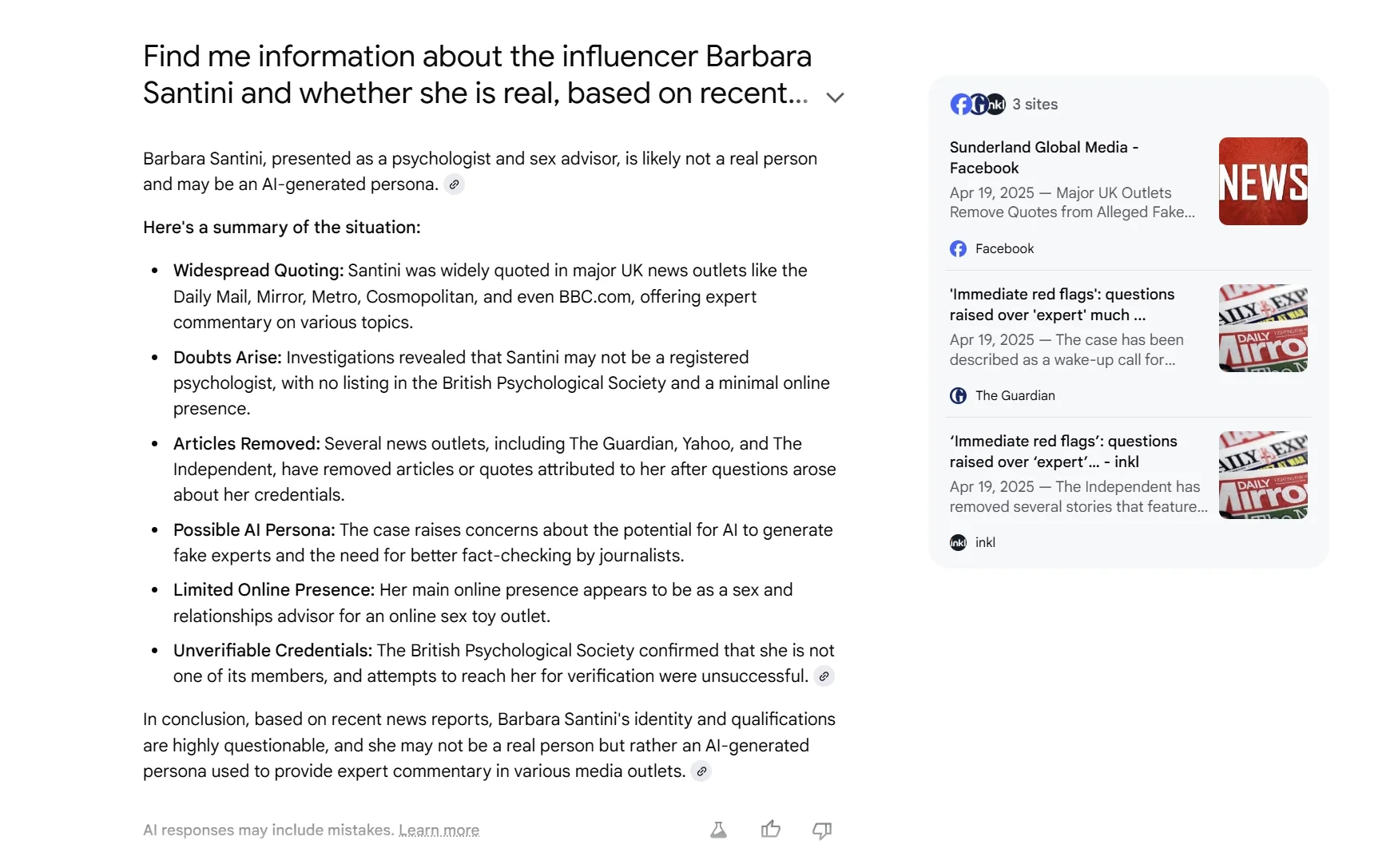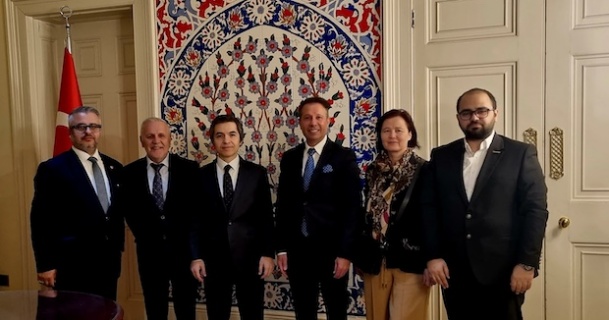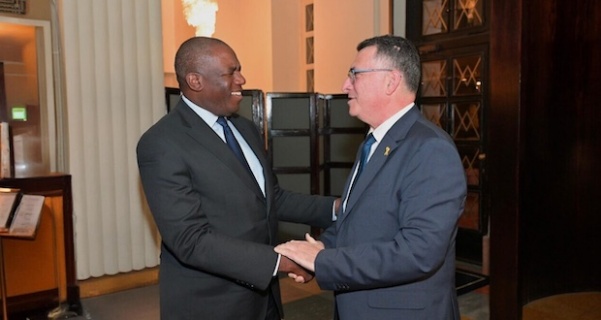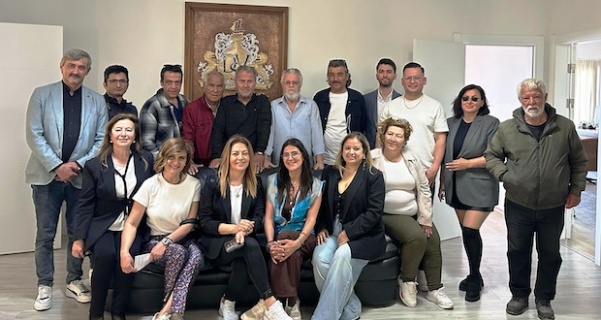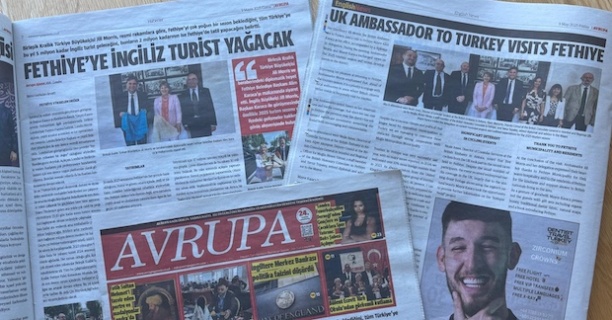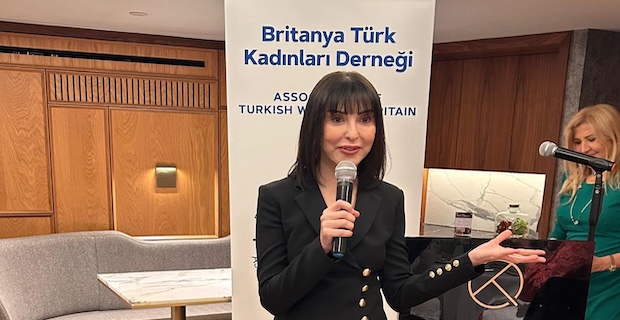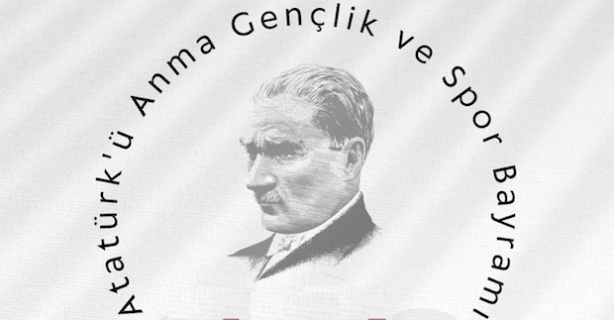The EU and the Ethics of Trading with Israel: What Has Changed?
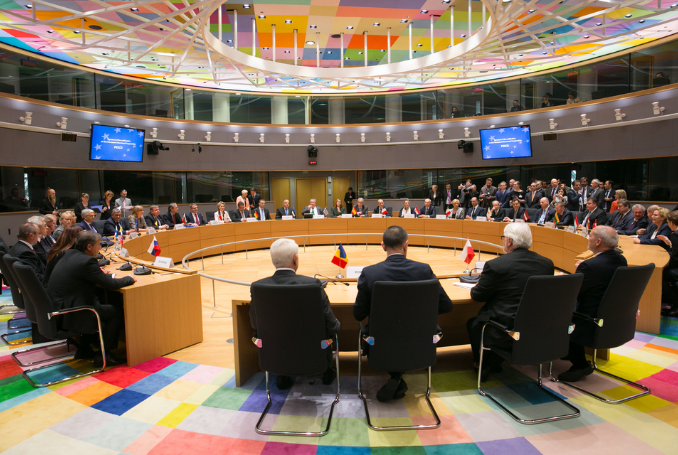
By Martin Cohen
The reason why it has taken so long to get the review conducted comes down to one word: Germany. Evidently, behind the scenes, Germany has shifted.
It has taken many years, but May 20 was a red-letter day for human rights in Palestine. This was the day when the European Commission, which should have acted decades ago, finally agreed to review the EU-Israel cooperation agreement.
This arrangement, which is only available to countries that respect the values of the European Union, including Article 2 of the European Union-Israel trade agreement, which is now 24 years old, states that “relations between the Parties, as well as all the provisions of the Agreement itself, shall be based on respect for human rights and democratic principles, which guides their internal and international policy and constitutes an essential element of this Agreement.”
And it’s not just a condition for signing the agreement—continuity of the trading relationship is conditional on respect for these principles.
This is a big deal. The US pours money into Israel, but it is mostly in the form of military aid—which is used to kill Palestinian civilians and devastate neighboring countries like Lebanon.
It has a value to far-right Israeli hawks, but doesn’t put food on the plates of Israeli citizens. Not so the EU-Israel trade agreement. The EU is Israel’s biggest trade partner. The trading relationship is valued at more than €45 billion a year.
And now 17 of the bloc’s 27 foreign ministers want the human rights element in the trading agreement to be enforced, and are supporting the motion courageously tabled earlier this month by the Dutch foreign minister Caspar Veldkamp.
“It is clear from today’s discussions that there is a strong majority in favor of a review of Article 2 of our Association Agreement with Israel,” the EU’s High Representative for Foreign Affairs, Kaja Kallas, told reporters in Brussels on May 20.
The reason why it has taken so long to get the review conducted comes down to one word: Germany. If ten countries voted against the review on Tuesday, it was really only Germany’s opposition “behind the scenes” that mattered. And evidently, behind the scenes, Germany has shifted.
The country’s center-right government was not willing to take too active a part in a 21st-century genocide. The day of the vote, after all, the newspaper headlines spoke of 93 percent of children in Gaza—that is nearly a million children—at risk of famine, as Israel—with US support—tightened its siege on the Strip.
The United Nations warned, not hyperbolically but as a matter of cold fact, that some 14,000 babies would die in the next 48 hours under the Israeli government’s policy.
And so, we might say, the dam broke. The EU Commission, dominated by Germany and France, gave way to the calls for a “review” of the treaty that has done much to provide Israel with means to crush Palestinians into the dust—with cash left over to cripple the economies of its neighbors.
But will this Germany-led Commission suspend the agreement? Or is this just a political maneuver, buying time? We’ll find out. But it all hinges on Germany’s abandonment of its disastrous domestic policy called Staatsräson—”reasons of state” in English.
Broadly, the policy aims to elevate the interests of Israel, defined as a Jewish state, over any other country or community. Recent polls show only about one third of Germans are in favor of the pro-Israeli Staatsräson while 43% are against it. But up to now, the ruling cliques have been terrified of the minority.
Staatsräson makes Israel’s security fundamental to Germany’s national interest—and judgments about Israel’s security have been shamelessly left to Israel, no matter the political shade of the government.
The result is that even as the Palestinian death toll has skyrocketed—and even as international human rights organizations have sounded the alarm and called for action to protect the hundreds of thousands of Palestinian victims—Germany has massively increased political and material support.
Defense export approvals to Israel have risen nearly tenfold from 2022, Berlin joined other countries in suspending funding to UNRWA, and the German government even pledged to intervene on Israel’s behalf essentially to strip the UN genocide convention of any meaning at the International Court of Justice.
All this is why, only a few weeks ago, Israel’s ambassador to Germany, Ron Prosor, called Berlin Israel’s biggest friend in Europe—thinking specifically of its blocking of EU’s attempts to impose sanctions on Tel Aviv.
However, something in Germany has changed. In an interview with the Frankfurter Allgemeine Zeitung, Felix Klein, the German government’s commissioner for combating antisemitism, said: “We must do everything in our power to preserve the security of Israel and Jews worldwide. But we must also be clear that this is no justification for everything.”
“Starving the Palestinians and deliberately making the humanitarian situation dramatically worse has nothing to do with safeguarding Israel’s right to exist. And it cannot be the German reason of state either,” he added.
Klein’s shot across the bows has been followed by the German Chancellor, Friedrich Merz, decrying massive IDF airstrikes on Gaza and Foreign Minister Johann Wadephul warning that Berlin would soon discuss what steps to take to deal with the “unbearable” situation.
When, as it surely must, the ICJ rules that Israel is conducting cruel and horrible crimes against the more-or-less defenseless civilians of Gaza—whether or not it deigns to call this actual genocide—Germany does not wish once again to be on the wrong side of history, complicit in this most heinous of crimes, genocide, whether it is called that or merely something very close to it.

– Martin Cohen is a philosopher who specializes in practical ethics including being a visiting researcher at the European Parliament. He has campaigned on this issue for over thirty years and is currently working on a book arguing for a one-state solution based on universal human rights. His latest book, The Ah-Moment: Exploring Philosophical Ideas through Jokes and Puzzles, takes a look at the subversive, political role of humour. He contributed this article to the Palestine Chronicle.
The post The EU and the Ethics of Trading with Israel: What Has Changed? appeared first on Palestine Chronicle.

































